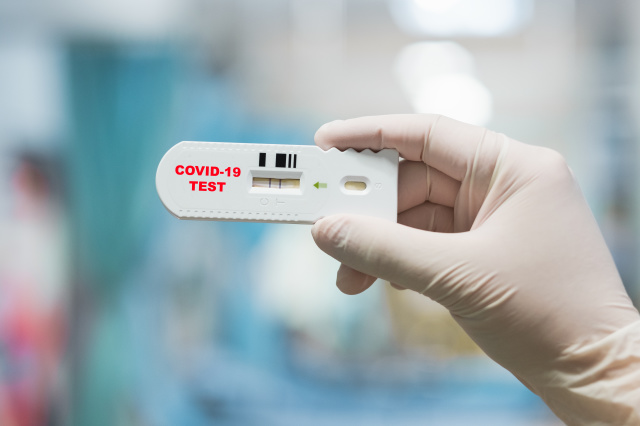
Taechit Taechamanodom via Getty Images
Democratic members of the House Energy and Commerce Committee want to know what the biggest online platforms are doing to combat COVID-19 misinformation. The lawmakers have sent letters to Facebook,Google and Twitter,requesting monthly reports detailing their companies’ response to all the false and misleading COVID-19 information circulating on their websites.
In the letters signed by Committee Chairman Frank Pallone,Jr. (D-NJ),Oversight and Investigations Subcommittee Chair Diana DeGette (D-CO),Communications and Technology Subcommittee Chairman Mike Doyle (D-PA) and Consumer Protection and Commerce Subcommittee Chair Jan Schakowsky (D-IL),the lawmakers wrote:
“Over the past several months,we have seen a troubling rise of false or misleading information related to COVID-19 disseminated by domestic and foreign actors on platforms such as yours. This disinformation has ranged from false statements about certain groups being immune from contracting the virus to unsubstantiated assertions about masks and vaccines. This type of disinformation is dangerous and can affect the health and well-being of people who use this false information to make critical health decisions during this pandemic.”
The tech giants reportedly agreed to provide the European Commission with detailed monthly disinformation reports back in June,and that’s something the lawmakers noted in their letters. “[W]e request that your company provide the Committee with monthly reports similar in scope to what you are providing the European Commission regarding your COVID-19 disinformation efforts as they relate to United States users of your platform,” they added.
There are plenty of unsubstantiated claims,false news and straight-out myths and conspiracy theories about COVID-19 going around online. A New York Times piece claimed Chinese operatives helped spread false information about the disease via social media across the US,but the country’s officials denied it. Regardless of a fake information’s sources,online platforms have to act to limit its dissemination. Back in April,Facebook started alerting users if they have reacted to or commented on misinformation that has since been removed. YouTube also started cracking down on videos falsely linking COVID-19 to 5G and its parent company Google earmarked $6.5 million in funding for organizations fighting misinformation with a focus on the disease.



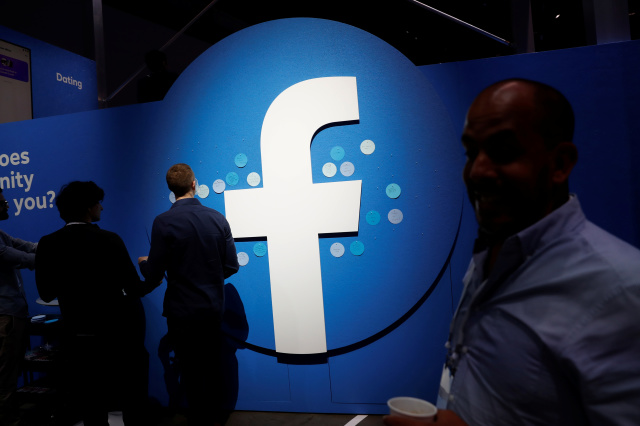


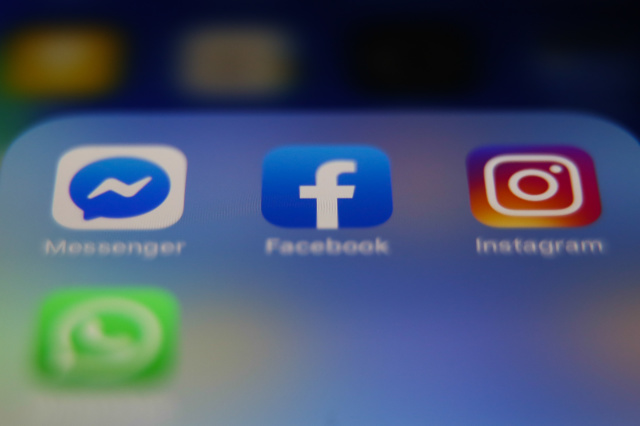

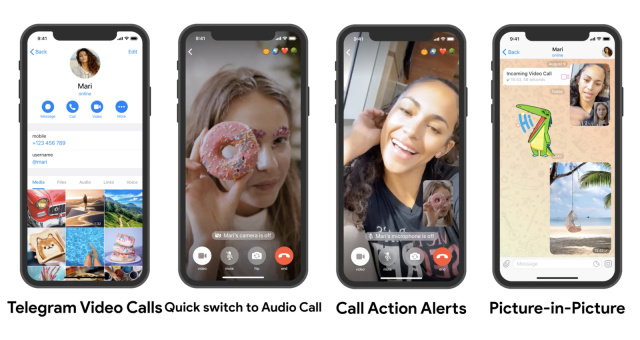
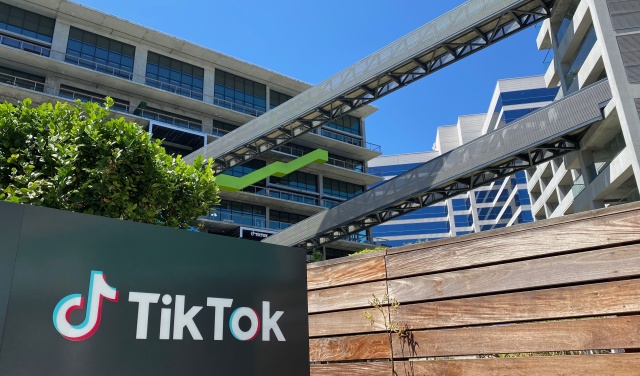

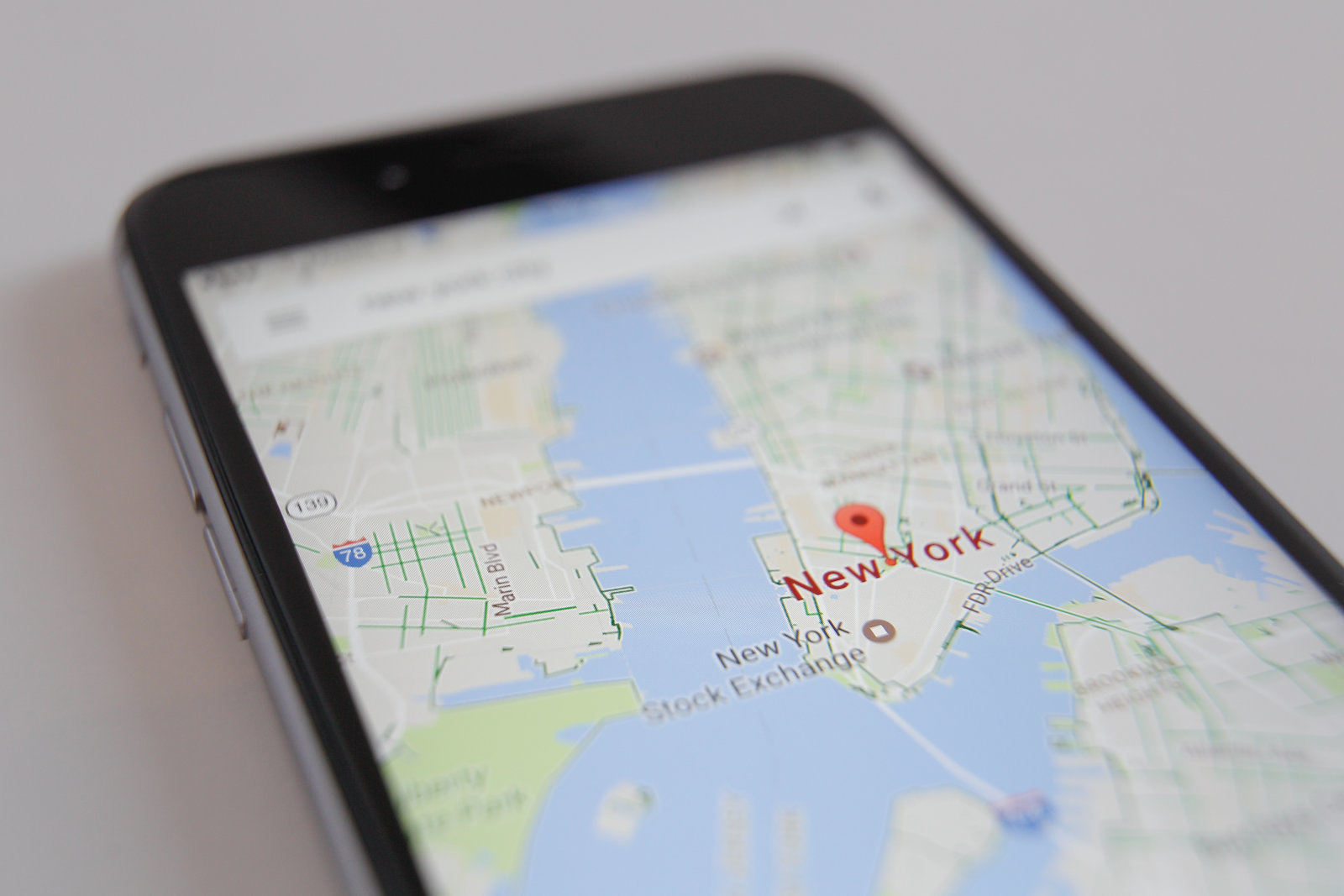
 加载中,请稍侯......
加载中,请稍侯......
Comments